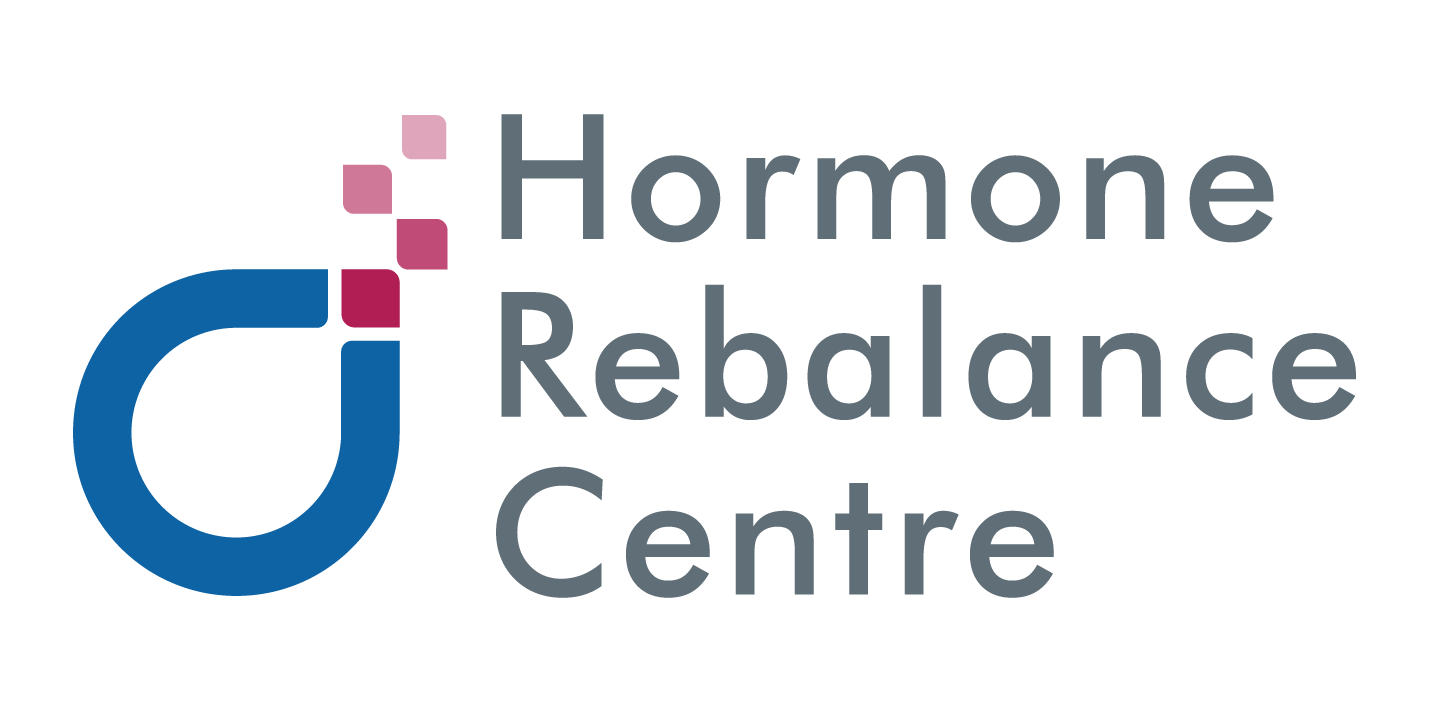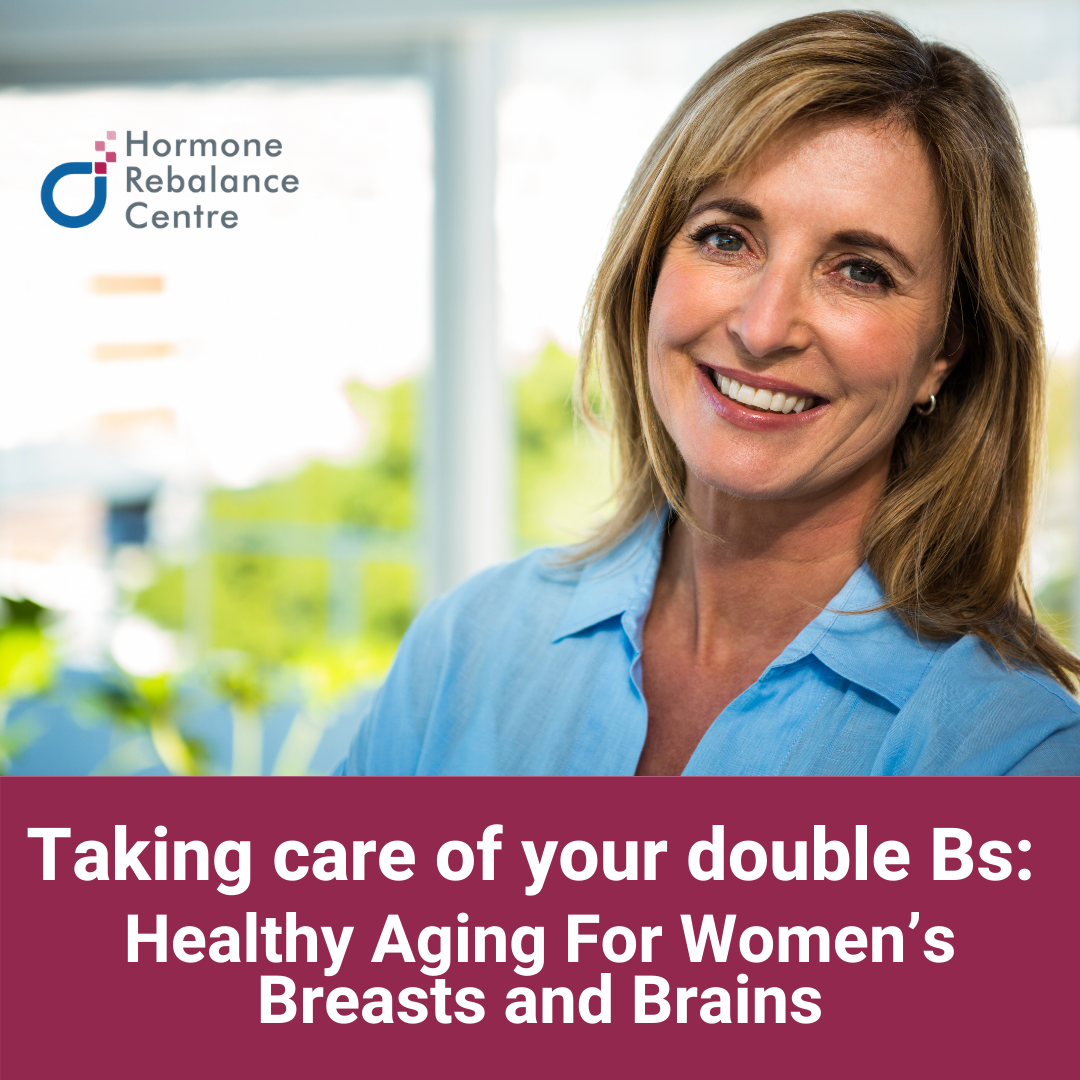As women age, the change in hormones is inevitable but is also a normal, expected and healthy part of aging. With that said, it’s important for every woman to understand how her hormones fluctuate throughout her life and the risks that hormonal imbalance can impose.
Estrogen in particular, is a vital hormone for a woman’s health and wellbeing. Too much of it, can have a negative impact on your breasts (among other organs!), too little of it however, can have a negative effect on the health of your brain (among other symptoms), and therefore balance is key!
In this post, our goal is to educate women on the role of estrogen on a woman’s body and how it changes over the years, the symptoms associated with estrogen imbalance, how to test for it and some tips on how to keep it in check, depending on the desired outcome on estrogen.
The role of estrogen in a woman’s body:
Estrogen, (which is actually made of 3 types called estriol, estradiol and estrone), is best known for its role in sexual and reproductive development in women’s bodies.
Estrogen is responsible for a large number of processes, such as:
- Regulating the menstrual cycle
- Modulating the female reproductive system and affecting fertility
- Regulating bone metabolism and preserving bone density
- Modulating women’s moods and sense of anxiety and depression
- Impacting metabolic rate and fatty tissue distribution
- Affecting the skin, it’s elasticity, hydration level and oil producing glands
- Supporting memory and concentration and protecting the brain
- Modulating cardiovascular health and reducing cholesterol levels
Women in their menstruating years go through monthly fluctuations in their estrogen levels. If those are produced in healthy levels, womens’ cycles should be smooth, regular and with minimal interruption to their daily life and quality of living. It’s when there is excess estrogen that women begin to suffer.
Excess levels of estrogen can present as symptoms, such as:
- Breast changes – cysts, fibrous tissue and increased risk of breast cancer
- Endometrial changes resulting in anything from heavy, painful periods, to fibroids, endometriosis and an increased risk of endometrial cancer
- Increased risk of clotting and cardiovascular disease
- Feelings of depression and anxiety and worsening PMS symptoms
- Increased risk of thyroid imbalance
However, as women begin to transition into peri-menopause and eventually menopause, their estrogen levels begin to decline. This drop in sex hormone production as the ovaries are near retirement, brings it’s own unique set of disturbing symptoms that many women may struggle with.
Deficient levels of estrogen can present as:
- Irregular, infrequent periods or no periods at all
- Declining memory, concentration, foggy mind
- Hot flashes and/or night sweats
- Vainal changes such as dryness, thinning, atrophy, increased yeast infections or urinary tract infections (UTI’s)
- Decreased sex drive
- Low moods
- Dry and saggy skin
When it comes specifically to brain health, estrogen has several effects. It’s no coincidence that 2 out of 3 people who have dementia or Alzheimer’s are women. Both gender and age are a risk factor, putting post-menopausal women as the highest impacted target group.
Estrogen has been shown to help increase the number of connections in a particular area of the brain called hippocampus, which plays a role in memory and certain types of learning. Estrogen has been shown to exert antioxidant effects on the brain, which help in Alzheimer’s prevention, and it is also known to affect the way chemicals such as serotonin, acetylcholine and dopamine (neurotransmitters), are used to send signals throughout the brain. Declining estrogen not only affects women’s moods, which these neurotransmitters help modulate, but also compromise the brain’s signalling systems, which is a known link to Alzheimer’s disease.
With that being said, it’s important to note that it is “normal” for estrogen to fluctuate throughout the month and gradually decline over the years. However, it’s when levels are either too high or too low for a woman’s age, is when there are risks involved and therefore BALANCE is KEY!
How do we assess estrogen imbalance?
The first recommendation is that you familiarize yourself with the symptoms of imbalance as noted above. Don’t assume that just because you’ve had a certain symptom (or a set of them) for years, or even your entire life (i.e heavy periods or PMS), that it means that this is a normal state to be at.
Don’t settle for being told that it’s a normal part of aging to suffer with menstrual or menopausal concerns. It’s important to explore whether the estrogen levels you have in circulation are actually at a healthy level for your age (in which case other hormones or factors could be contributing to your symptoms that need to be explored and addressed) or if it’s at a level that is too high or low for your age.
At the Hormone Rebalance Centre, we have a strong focus on hormone testing because we believe that this is imperative to understanding the root cause of what is going on behind the scenes. We like to use urine testing, which allows us to not only assess the 3 different forms of estrogen, but also all their metabolites.
This shows us how each woman breaks down her hormones in the liver and detoxifies them out of the body (though what is called phase 1 and phase 2 detoxification) and whether she does it through cancer-protective or cancer-promoting pathways. When we know, we can then support her metabolic pathways to offset imbalances and protect the body.
Below is a sample hormone test report of a woman with excess estrogen production and very poor estrogen metabolism, which increased the risk of DNA damage and hence breast cancer:
Once you’ve confirmed that you do in fact have an imbalance in your estrogen levels, it’s never too late to tackle it.
Balancing Excess Estrogen:
If you have high estrogen, detoxifying from estrogen is an important way to ensure that healthy estrogen levels are maintained. Estrogen can quickly build up in the body, thanks in part to the abundance of xenoestrogens in everyday products. To read more about xenoestrogens and how to avoid them, check out our article Can your beauty products contribute to your heavy periods, PMS and high estrogen symptoms? These fake estrogens fool the body into thinking that it has too much estrogen and can lead to symptoms like painful or swollen breasts around your period.
Some of the ways our Naturopathic Doctors recommend detoxifying from estrogen include:
- Increasing cruciferous vegetables (like broccoli, cauliflower, brussels sprouts etc.)
- Choosing hormone-free, organic foods to avoid pesticides and external hormone exposure
- Liver supporting supplements to balance what is called phase 1 and phase 2 detoxification, which controls how hormones are broken down in the body
- Ensuring you have regular bowel movements so hormones are not recirculating back from the gut into your system
If you’d like to read more about using diet hacks to detox from estrogen, you can find a great article here!
Balancing Deficient Estrogen Levels:
It’s important to note that not every woman is a candidate for boosting estrogen levels. Any protocol for modulating estrogen in the body should be discussed with a qualified healthcare practitioner who understands the risks and benefits and can properly test your estrogen levels prior to implementing such a plan.
Some ways that our team of Naturopathic Doctors may help women support deficient estrogen levels, include:
- Increasing Phytoestrogens through diet. Phytoestrogens are a collection of plant compounds that weakly mimic estrogen in the body. Phytoestrogens are much weaker and more easily excreted than their nasty counterpart xenoestrogens. Choosing foods that are high in phytoestrogens can be a great way to maintain the protective effects of estrogen. Eating these foods daily will have the most therapeutic impact. Such foods can include:
- Soy. This can be in the form of organic sources of tofu, edamame, soy beans, soy sauce, etc.
- Flaxseeds are a great source of phytoestrogens! Flaxseeds are a great addition to oatmeal, smoothies, baked goods, salads and granola! Flaxseeds should be ground for best results, but can spoil quickly. You can store ground flax in the freezer or grind them yourself a few days in advance!
- Use of botanical phytoestrogens. These phytoestrogens are found in herbs that are commonly used in Naturopathic Medicine, Ancient and Traditional medicines. Some of these herbs include:
- Dong Quai
- Black cohosh
- Sage
- Use of bio-identical hormone replacement therapy. We always recommend opting for bio-identical hormones and not synthetic hormone replacement as bio-identical hormones are the exact molecular structure as our own natural hormones. Use of hormone replacement therapy has both pros and cons and should be used only if testing was done to prove that a woman actually has low hormone levels, she has symptoms and she does not have risk factors that would make hormone replacement contraindicated. There can be many health benefits to bio-identical hormones, when used appropriately, especially if other interventions are not working. To learn more about this option, read HERE.
Overall, while there is a lot of information on the internet about estrogen and the link between estrogen and breast cancer and overall cancer risk, it is important to note that this is why testing is such an important part of treatment! Too little estrogen can have just as much of a negative impact on a woman’s body as too much.
Investing in the healthy aging of your double B’s is as important as investing in the aging of your skin and outward appearance.
If you would like to learn more about healthy aging, balancing your hormones or working through PMS or menopausal symptoms, please contact us! Learn more about our Signature Hormone Rebalance Program and book a free hormone assessment with our team to discuss your concerns, testing options and whether our treatments are the right option for you!
Sources:
Women’s Encyclopedia of Natural Medicine by Tori Hudson
https://www.alzheimers.org.uk/about-dementia/risk-factors-and-prevention/hormones-and-dementia


I am a 59 year old post menopausal woman. I have never had a weight issue my entire life and in fact always was more on the lean side. Since menopause and the cessation of hormone replacement therapy my weight gain has been relentless. I eat well and exercise constantly but to no avail and have been simply told to stop eating as much. Clear my daily caloric I take is too much for my body but it is not an unreasonable amount of food and I don’t believe I can exist indefinitely on a 1200 cal a day diet. I have often wondered if my hormones are out of wack because this new situation has only arisen since I stopped hormone replacement. Would love to set up a consultation (telephone or zoom first until I can get to the city) to discuss your program.